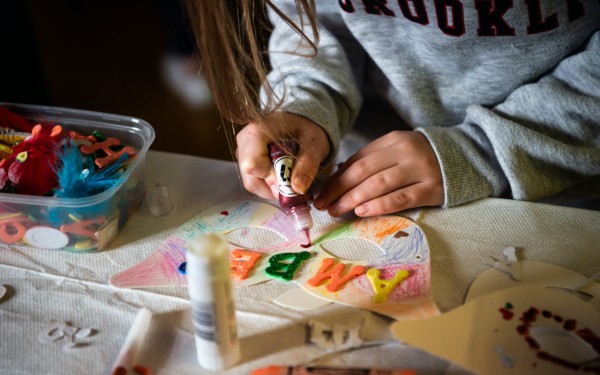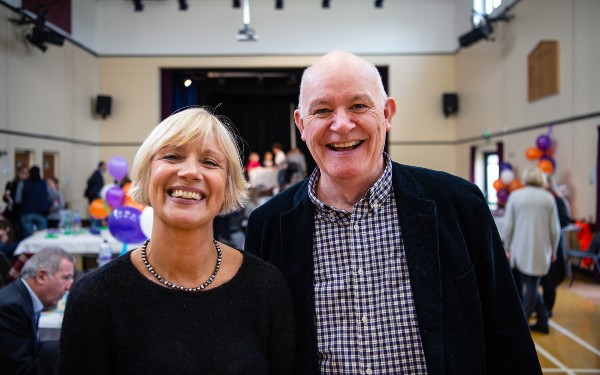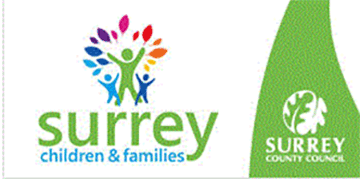One of the biggest sources of stress for a supervising social worker in a fostering team is the worry that a placement will break down.
The impact on both foster carers and foster child can be traumatic and long-lasting. Unfortunately, social workers often feel helpless to provide the support the families really need, according to Carol Norrington, a fostering team manager in Surrey.
“By the very nature of the difference in our roles, I don’t think foster carers can always get the support they really need from a social worker. Sometimes they might just be having a bad day and need to talk it out with someone who understands. They might not want to do that with a social worker because we have a statutory duty to record conversations and report on developments.”
Mockingbird programme
She says that is why she was so excited when Surrey’s children’s services decided to join the Mockingbird programme, an innovative method of foster care using the Mockingbird Family Model which is delivered by The Fostering Network.
“I’d been keeping tabs on it from afar, ever since I’d heard about it at a conference. At the time our managers felt there wasn’t enough evidence to be able to justify the resources to set it up.
“But when Dave Hill [Surrey’s executive director for children’s services) said he wanted to implement it, I was first in line to be part of the project team.”

Carol Norrington
The Mockingbird programme involves one foster home acting as a hub, offering planned and emergency sleepovers, short breaks, advice, training and support, to six to 10 satellite foster families. Each group is called a ‘constellation’, and the aim is for families to support each other in order to prevent problems escalating to the point where placements are at risk.
The model was established in 2015 in eight fostering services across the country with support from the Department for Education’s children’s social care innovation programme and The Mockingbird Society in America. There are now 35 partners across the UK, each of which is either delivering or developing the service.
The Fostering Network’s latest monitoring data from 17 services, reporting between May 2018 and April 2019, found the structure had helped avoid 87 carer resignations and 115 placement breakdowns as a result of the support provided. In addition, fostering services that took part in the pilot also reported it provided a robust and resilient structure of support in times of crisis and transition, increased skills, confidence and role satisfaction for foster carers, better experiences of birth family contact as well as cost savings. An independent evaluation is due in 2020.
Social workers ‘passionate’ about the model
Carol says having visited Leeds, where the programme has been well-established for a number of years, she was impressed at how passionate the social work teams were about the model. Social workers openly acknowledged they would always seek a foster family within a Mockingbird constellation before any other type of placement because of the stability the model can offer.
Esther Dowds, Surrey’s first hub carer, says she believes the programme will work because it will reduce the isolation foster families often feel.
“There’s so many things that you don’t feel you can bother a social worker about but that really make a difference – like asking if someone can do the school run if you’re feeling sick or just meeting up for a dog walk and a chat.”
She says for this reason the constellation of foster families are never more than a 40 minute drive away from the hub home carer.

Photo: Harvey Mills
She adds that many children in care struggle with friendships because of the nature of their previous experiences, or behaviour, and this means they can miss out on playdates and sleepover experiences.
“That’s something we can offer each other. Even if there are different ages that can be very good for the children because it feels like an extended family.
“Then, if the parents and child need some space from each other, it’s not a problem for the child to stay a few nights with the hub home carer where they feel comfortable and know everyone.”
Esther and her husband Liam have been foster parents for eight years but she says it’s not just about their experience, but about pooling the experience of all eight foster families in the constellation group.
Outings to foster positive relationships
“That’s why I was really keen to get our first constellation in place before Christmas because this is often a key stressful period when that kind of support and experience is incredibly important.”
Esther says the model includes regular social events and once a month they will plan outings such as a barbecue or an ice-skating trip.
“Social workers will be invited which I think offers a really nice opportunity for the children to get to know social workers in a different environment and see them as people. So many birth families have a negative view of social workers, which they can pass on to the children. Hopefully, this will help change some of those perceptions.”
Carol agrees and says she hopes another benefit of the social gatherings will be more positive relationships and communication between children, social workers and foster carers.
“It’s not a magic wand but I do think this model will help us get to where we want to be in a range of areas, including placement stability,” she adds.
The Mockingbird programme was launched in Surrey in October with more constellations being added throughout this year.
There are a range of opportunities on offer for social workers and managers with Surrey’s looked-after children teams so register your interest today. You can also find out more about becoming a foster carer in Surrey.
More about working for Surrey County Council
Giving social workers the time and tools to achieve change




 Facebook
Facebook X
X LinkedIn
LinkedIn Instagram
Instagram